Zhao Ping and his colleagues have been "chasing" a group of naughty giants these days as a herd of 14 wild Asian elephants are roaming around Menghai County, southwest China's Yunnan Province.
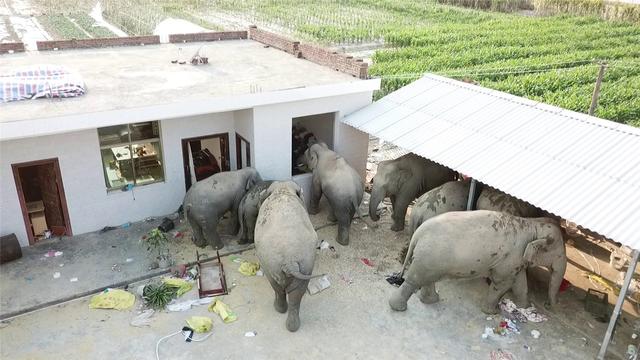
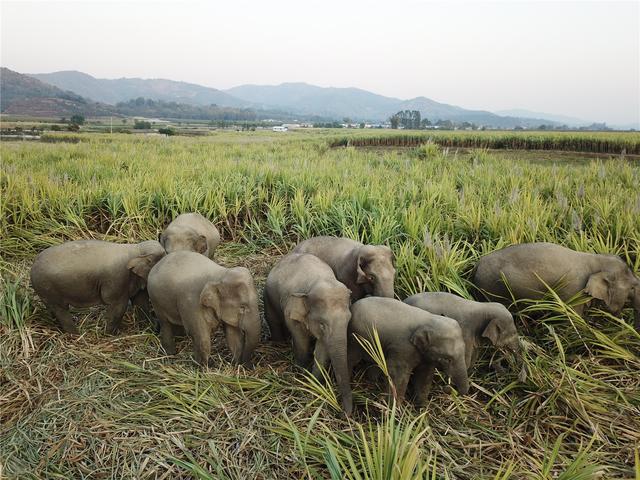
"They ran into residential houses in Menghai's Meng'a Township for food, damaging roofs, doors and windows and some even knocking over a jar of homemade spirits," Zhao said. The 46-year old was a forest ranger before 2011 when he was hired by the local government as part of the county's ground monitoring team to avoid conflicts between humans and wild elephants, against a backdrop of a growing population of the mammal in China, mostly scattered in Yunnan, thanks to unremitted environmental and wildlife protection efforts. "Our job is to track elephants, observe their activities and issue an early warning to surrounding villagers in advance," Zhao said. The working experience with one of nature's most majestic creatures, however, is not easy. With only bottles of water and a telescope in his bag, Zhao and his eight team members work around the clock these days and can barely sleep three hours, following closely the 14 elephants that entered Meng'a on March 9 from another township about 40 km away, almost on foot. 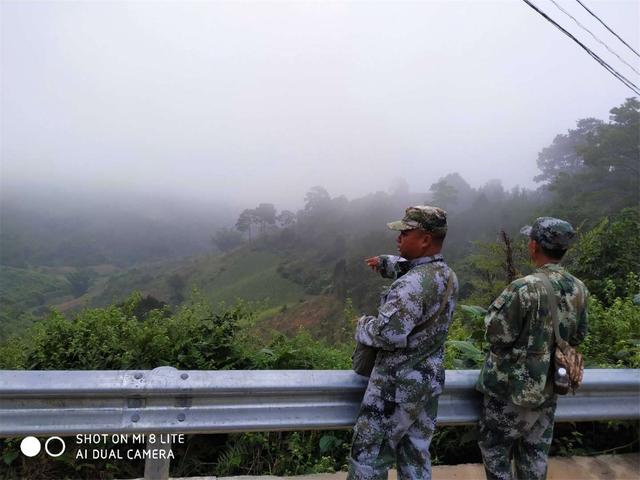
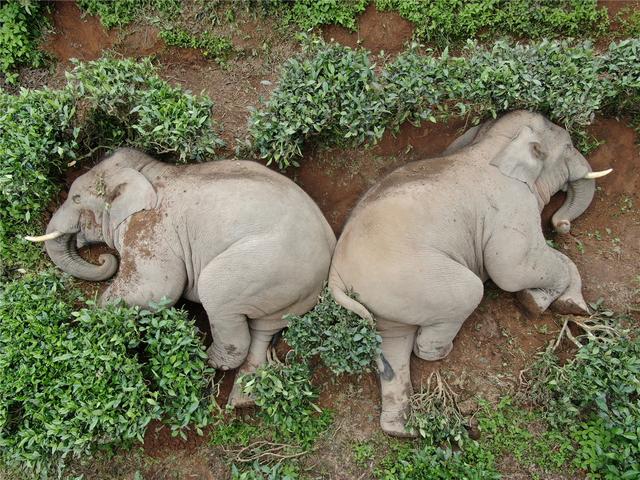
"The wild Asian elephants basically only march through the woods or on paths off the beaten track where cars are not available. Also, we don't want to disturb the majesty, making our foot the most reliable and effective tool," he said. "The herd, along with another three male elephants, which frequent Menghai County for a long time, remained in the forest until March 11 when they went downhill," said the tracker who was "under huge stress" fearing the villagers would stray into the animal's range of activities due to his inadequate tracking. "Toilsome and dangerous, elephant tracking is a holistic activity requiring all-rounded systematic training," said Long Yunhai, deputy head of the bureau of forestry and grassland of Menghai County. The trackers need to gather data through all senses, listening to the sounds of elephants, observing their footprints and smelling their excrement to judge the situation and location of the giants, said the official. "We need to stay focused. Only by keeping track of the elephants' movements can we feel assured," Zhao said, adding that the experience of being a forest ranger also enabled him to keep up with the wild animal in a relatively short time. The monitoring system in Menghai went high-tech in June 2016, when products including drones and infrared cameras were introduced as supplementary of its ground team to monitor the activities of the elephants, which avoided nearly 60 possible conflicts in three years, according to Long. 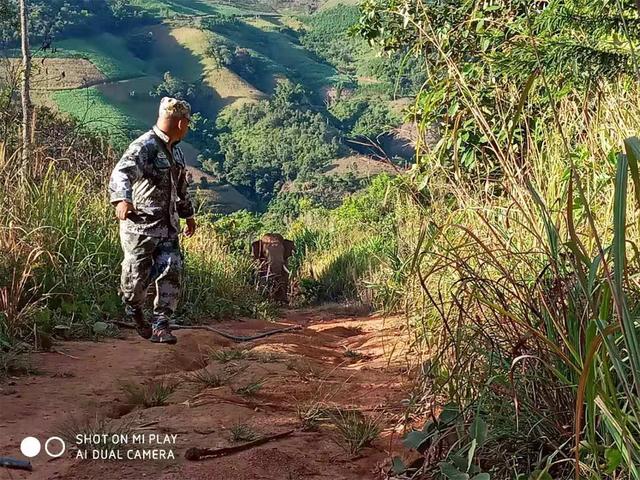
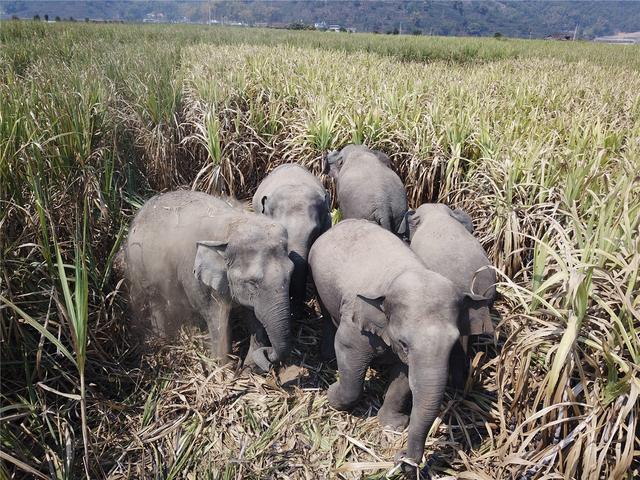
An early warning monitoring center for wild Asian elephants has also been established in the county, publishing real-time information concerning the giants through mobile apps and China's popular social media platform WeChat, to protect the lives and property of local residents. "In bad weather and thick forest when the drones can't work properly, only human elephant trackers are reliable, with about one person following one head," Zhao said. When settled in a place, a herd usually eats, drinks and plays around, Zhao said. "We have to be vigilant about their sudden movement, sometimes using drones to make a prediction." Wild Asian elephants, a flagship species in the rainforest, are under A-level state protection in China and are included in the International Union for Conservation of Nature Red List of Threatened Species as "endangered." Enhanced protection has led to a rise in the number of the mammals in the country from more than 170 in the 1990s to about 300 currently. "Villagers are now preparing for this year's spring plowing, so we have to tell them the specific locations of the giants before they start to work," he said. "After all these years of working in the wild, elephant tracking has been part of me. It's hard but worthwhile as I can help avoid conflicts between humans and the majesty," he added.
|











7740f3b5-9ecb-438e-9052-76cb2d4bb671.jpg)

